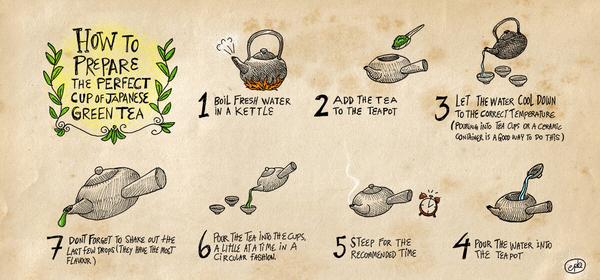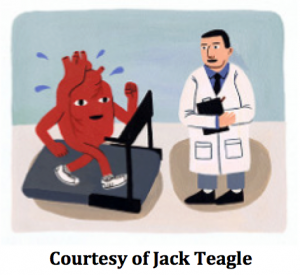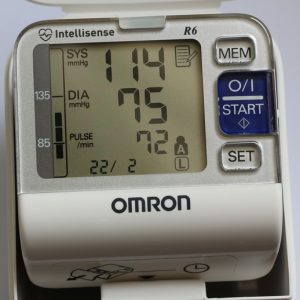Health issues are a topic that everybody is interested in. People find healthy foods because they have irregular eating habits and living habits. Organic foods, vegetables, less meat consumptions, fresh fruits, supplements like vitamin D are major substances that most people are pursuing.
Amongst those various health-related foods, one of the most I love to have is green tea because of its huge benefits other than anything.
Green tea is the most well-known and popular beverage in the world. Even people living in non- tea culture conturies enjoy green tea for its health benefits. The origin of green tea started in China and it is widely accepted that the first green tea appeared in history was in 2723 BC. Then green tea spread to East Asia and Britain, and then to the rest of the world.
Then why is green tea so loved? What makes it so beneficial to our health?
Green tea has a variety of antioxidants and nutrients. Catechin and caffeine are well-known among them. These antioxidants and nutrients work in multiple beneficial ways in our body.
Here are few benefits of drinking green tea
1) Protect the heart health:
Having green tea prevent many risk factors for heart disease such as stroke, lowering blood pressure, and reducing cholesterol levels. Even after suffering from heart disease, green tea helps the recovery of heart cells.
2) Protect vision:
One of major nutrients in green tea is called catechins; a type of antioxidants. Because catechins are strong antioxidatns, they help to protect the eyes from oxidation stress and also vision loss. Therefore, it would benefit to people who are surrounded by electronic devices.
Because bone is a living tisuue, it has certain balance between formation and resorption. As humans get old, this balance gets weaker too. Regular consumption of green tea helps to increase bone formation (mineralization) and weaken the cells that resorb it, so the balance of formation and resorption is maintained in normal.
4) Improve brain function:
Regular consumption of green tea every day could help to improve memory. According to the reseach done by University of Newcastle, green tea inhibits certain enzymes in the brain which cause memory loss. In addition, it is shown that green tea is also effective to prevent Alzheimer’s disease. Green tea inhibits the enzyme in the brain which breaks down neurotransmitter (it transmits signals across brain nerve cells).
5) Prevent cancers:
According to the research in the Nature, regular consumption of green tea help preven cancers in humans by inhibition of enzyme that causes growth of cancers; typically stomach, breast, and prostate cancer.
Too much dosage of any foods or drinks always induce troubles as well as green tea. However, moderate intake of green tea regularly will change our lifestyle and health in highly beneficial ways. This is not hassle as much as visiting physicians and not hard as much as doing exercise everyday. This simple living habits can greatly change our health.











